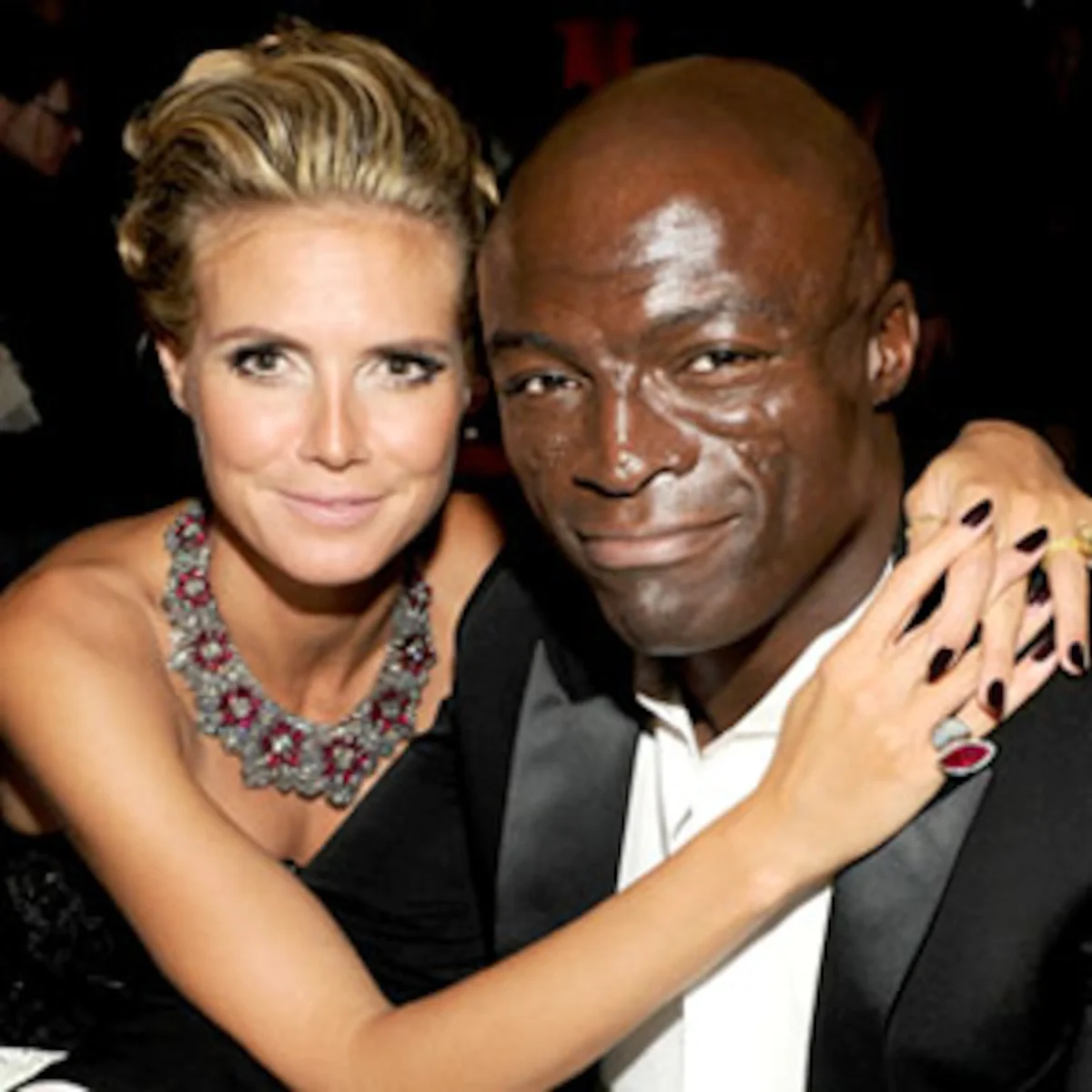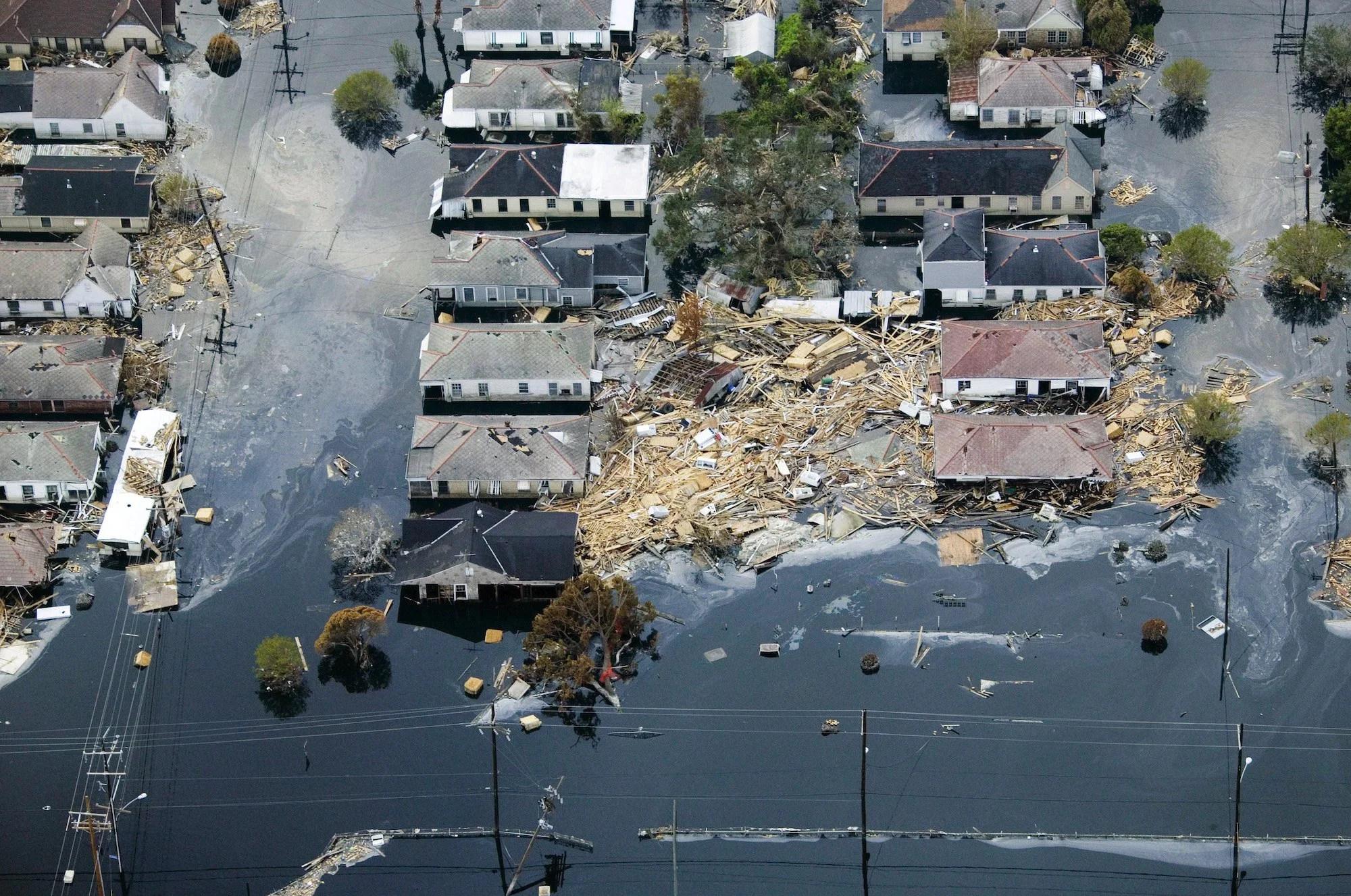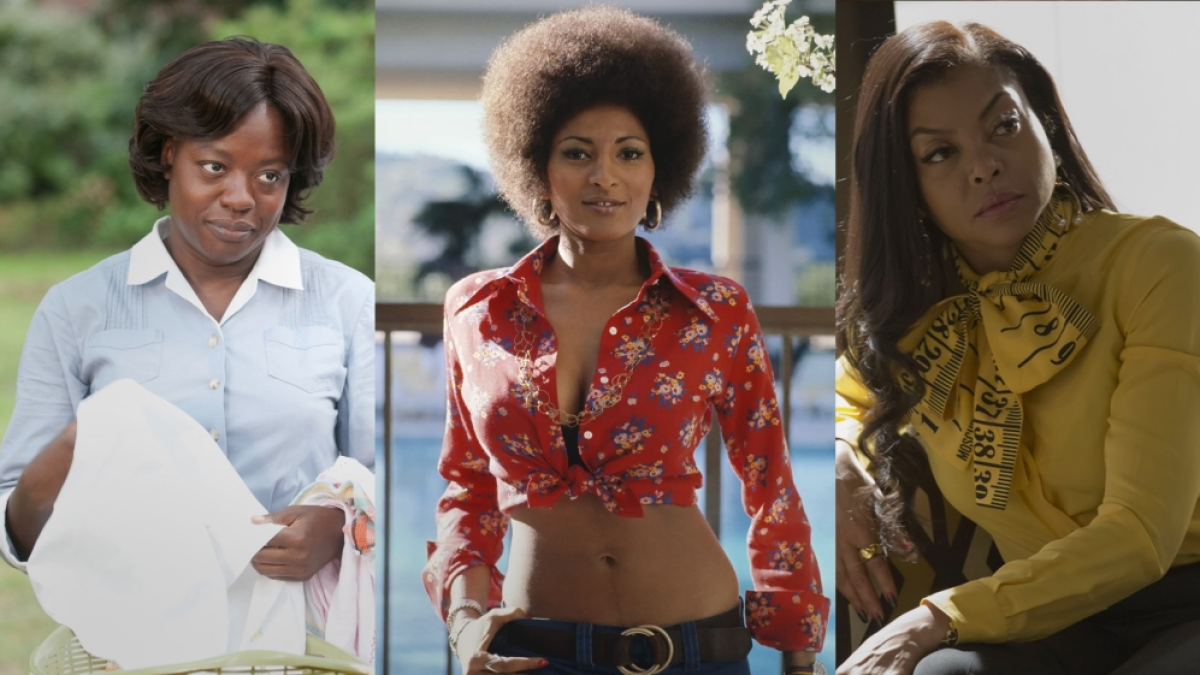baby, it’s fake news?
What is “Media Literacy”? Welp! According to The National Association for Media Literacy Education, “Media literacy builds upon traditional literacy and offers new forms of reading and writing. Media literacy empowers people to be critical thinkers and makers, effective communicators, and active citizens.”
America is in a conundrum. If we consider literacy as a whole (NOT media literacy), the majority of this country struggles to read and comprehend words. 130 million (54%) are reading below a sixth-grade level, and approximately 21% being functionally illiterate. We rank 36th globally in literacy and we’ve seen a steady decline within the last few years. The average literacy score for U.S. adults decreased by 12 points between 2017 and 2023. Literacy is not merely about reading words… it is also about comprehension. Some adults can read, “Sally went to the store and purchased a fire arm with Billy.” However, if you ask them to explain what they read, it’s a no-go.
Media is tricky. The news reports. The articles. The television shows. Social media. They all tell a story. A few memories come to mind when I think about the media and the “smoke and mirror” game. One Sunday morning, my brother and I climbed into the back set of our family car on the way to church. My dad hopped into the front seat carrying a newspaper and turned towards us with a grunt of exasperation., “What do you see here?” He held up the front page and the bold headline read, “BEAUTY WITH A BEAT”. Underneath was a picture of supermodel Heidi Klum and her then-husband, Grammy-winning singer, Seal. Heidi, a white woman beamed with pride. Her Black husband, smiling with his notable (and signature facial-scar) beamed with pride. At first glance, it could have easily read like “Beauty and the Beast”. Although we met our dad with pre-teen apathy and annoyance, his question stuck with me that day.
It happened again in August of 2015. Hurricane Katrina swept through New Orleans and the devastation was catastrophic. I remember the news reports of Black folks on their roofs, waving down helicopters for help. I remember the videos of people at the Super Dome, essentially left for dead. Then, I saw my parents watching the news on television. I peered over their shoulders and watched Black people going into stores and grabbing food, blankets, and supplies. The scrolling text at the bottom of the screen said, “looters…” I’d never heard that word before, but the disdain in the government officials voices gave me context clues. These people were drowning and starving and yet, they were vilified because of their blackness and socioeconomic status. I didn’t have the language to express what I felt back then. It would take another four years to discover the sentiments and larger context for what I saw in media.
At Spelman, I took a class called “Images of Women In the Media” (or something like that). Suddenly, I had a new found confidence and competency. I began to see commercials and advertisements, television, and marketing from a different vantage point. In 2020, I worked on a docu-series with PBS and it was amazing to work with a media source that is so trusted and reputable. Even still, it was illuminating to me how much information is simply left out because it does not “push the story along”. The truth is: in media, the story that we want to tell comes first.
So, let’s go back to media literacy.
In 2025, we’re inundated with information in an unfamiliar way. Between AI generated videos & photos, a real disregard for scholarly and academic expert evidence, and the sheer AMOUNT of content… it’s a dangerous landscape. If you remember my initial definition of “media literacy”, it says it “builds upon traditional literacy”. If traditional literacy is the foundational tool for understanding the media in a comprehensive way, then 54% of the country is at a starting disadvantage.
So where do we go from here?
We have to start investing in our own literacy and media literacy.
We have to create a safe and collaborative space to engender media literacy amongst our loved ones. This is not about “getting smart”. This can come down to life or death, rich or poor. Scam phone calls, misleading AI news reports, and radicalizing YouTube videos. This impacts the generations before us and the kids in our lives behind us. This impacts politics, neighborhoods, ideologies and beliefs. Currently, the loss of truth and fact is tearing at the threads of our country.


